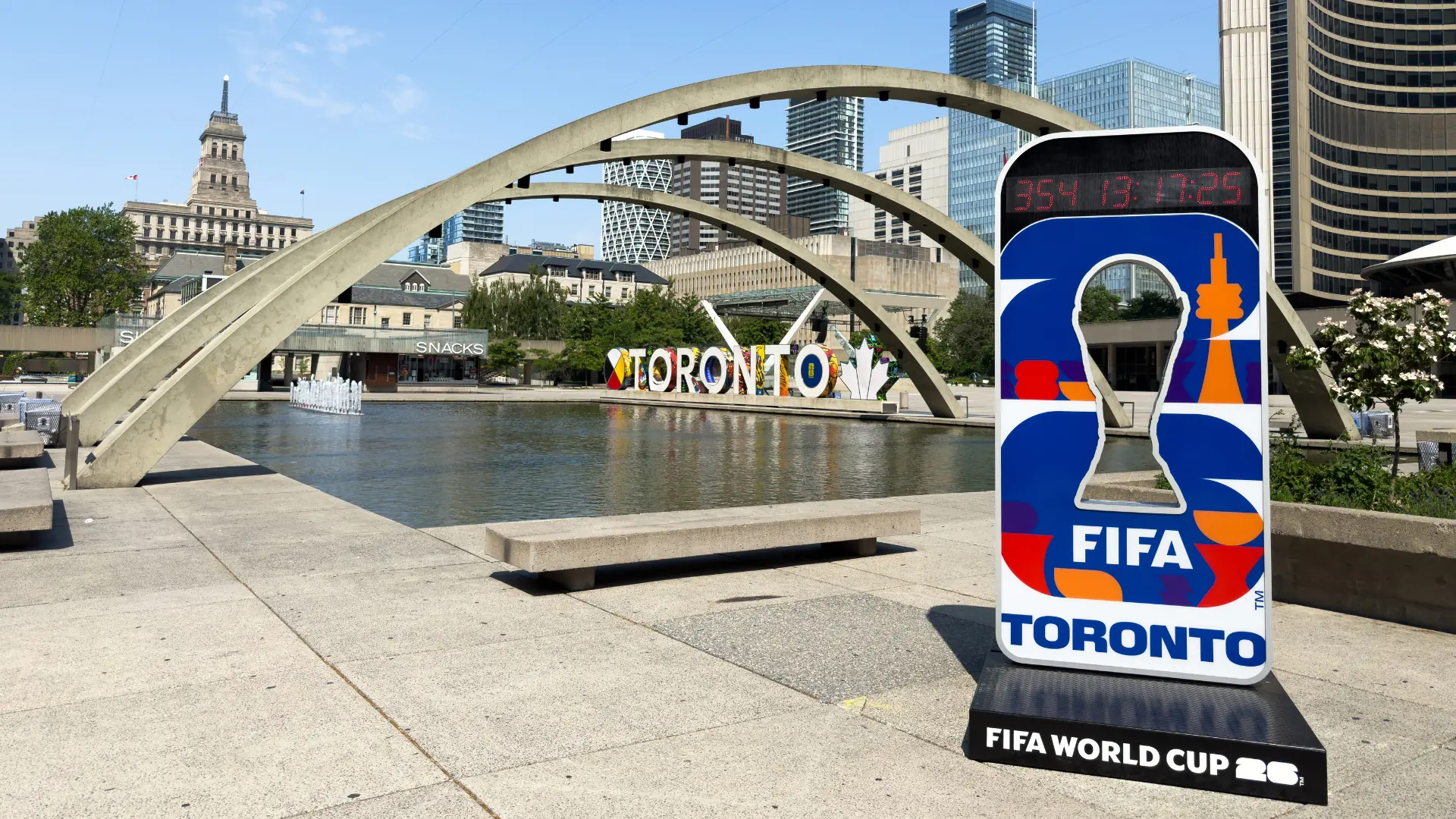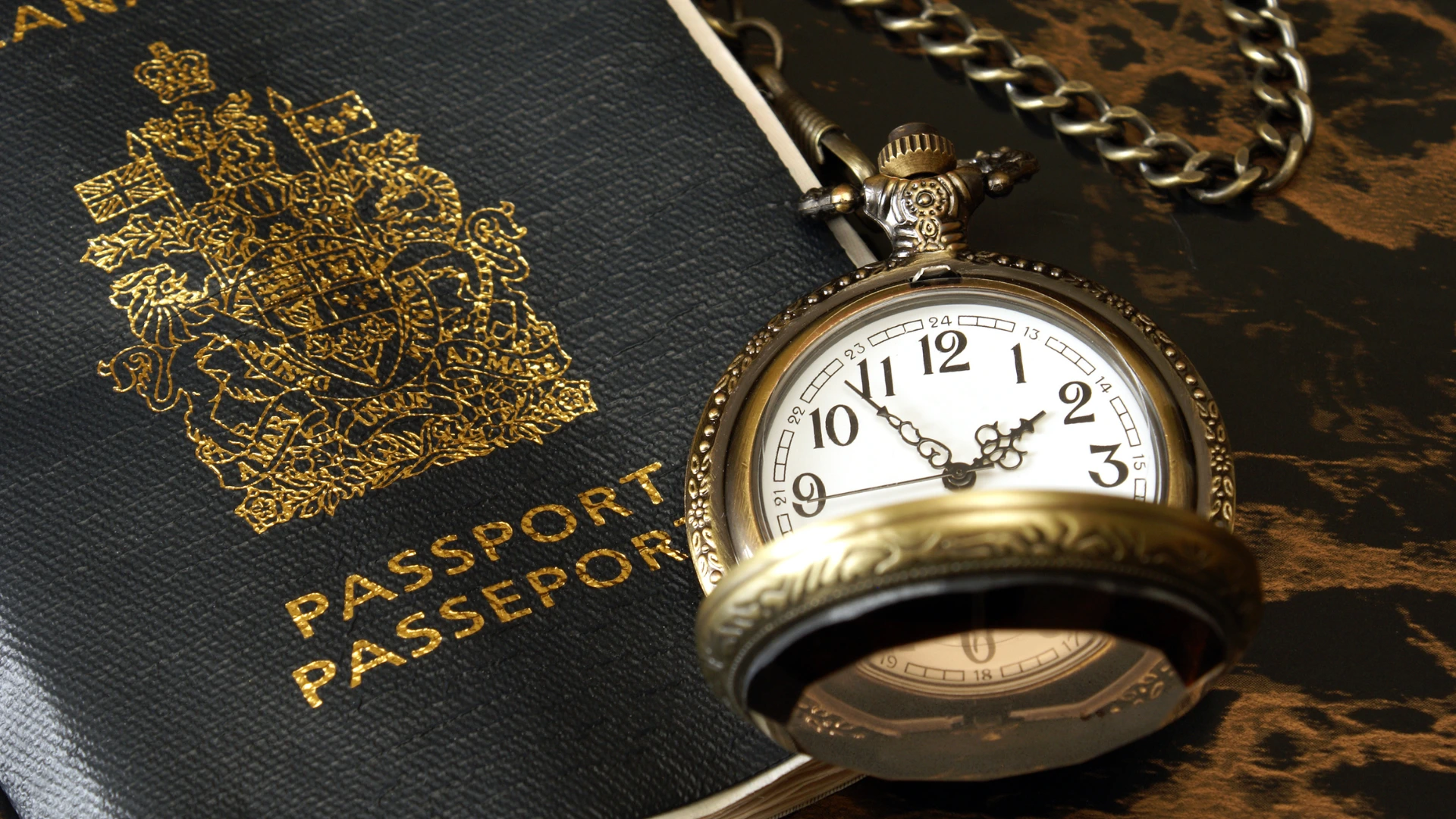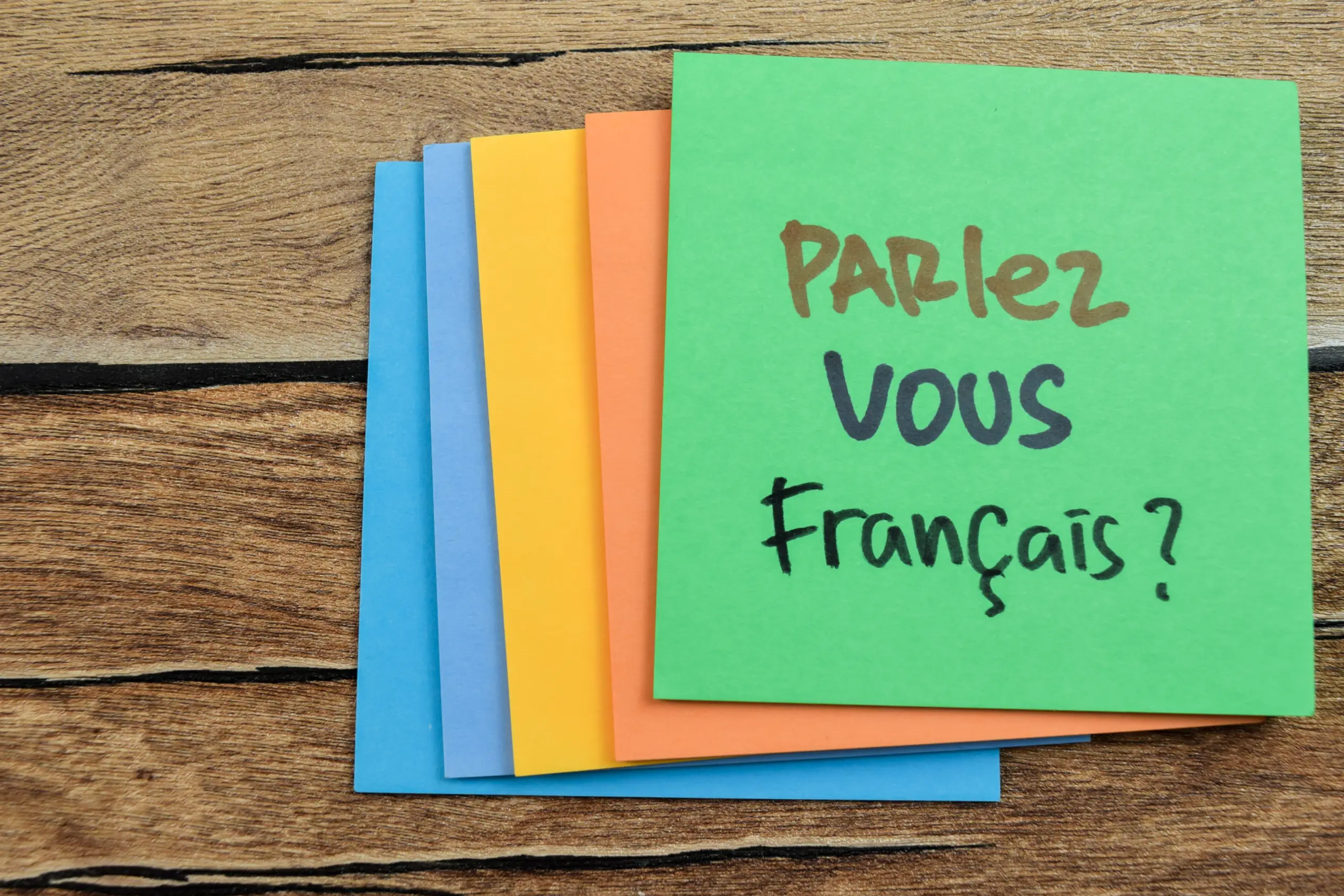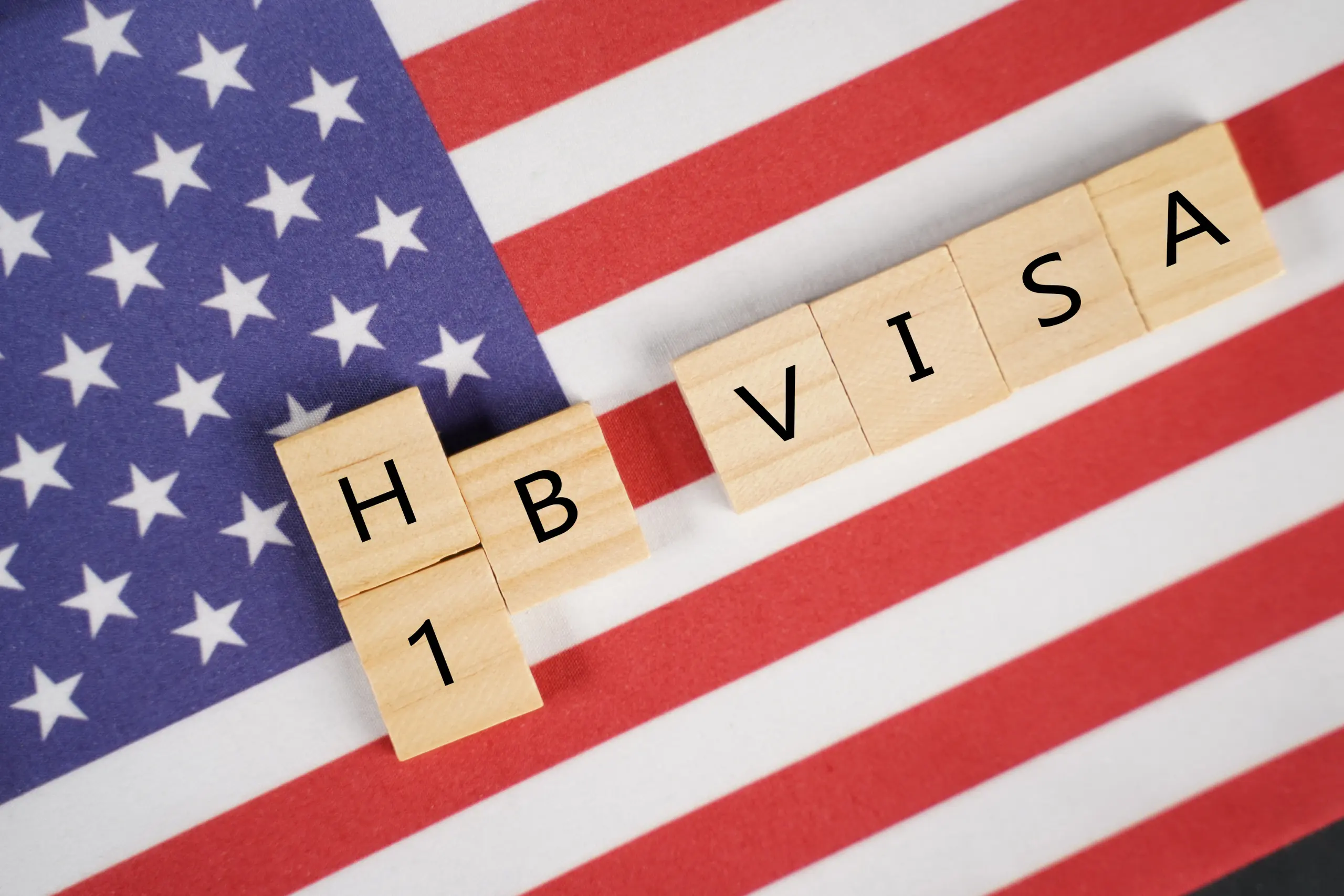Expert Tips from Canadian Immigration Lawyers
The Family Class Sponsorship allows you to apply to bring your loved ones to Canada. This includes your spouse, common law partner, dependent children and in some instances, certain relatives or parents or grandparents. Applications can be delayed or returned if they are not properly and carefully prepared.
Small mistakes may hurt an otherwise strong application. This blog outlines common mistakes.
The Family Class Sponsorship allows Canadians and permanent residents apply to bring close family members, like spouses, common-law partners, dependent children, parents, and grandparents, to Canada. According to IRCC data, incomplete or erroneous applications are one of the main reasons for delays. Avoiding frequent blunders is very important for a successful application.
Common Errors in Applications for Family Sponsorship
1. Forms that are missing information or are wrong
One of the most common reasons applications are sent back is because they are missing information or contain inconsistent information. Even little mistakes, like putting the wrong dates or not checking boxes, can cause delays or the complete return of the application. Likewise, it is critical to use the most recent version of the IRCC forms.
2. Not enough proof of the relationship
The IRCC requires sufficient and specific proof that the relationship is real if you want to sponsor a spouse, partner, or child. It can be worrisome if you only send in a few documents, such a marriage certificate without any other verification. To make the application stronger, you may need to include photos, a history of correspondence, shared financial papers, and affidavits.
3. Failing to Meet Financial Requirements
Sponsors need to establish that they can financially support the family member they are bringing to Canada in most instances. If you do not include the correct financial information, your application may be denied.
4. Omitting past problems with immigration or travel
If you have been denied a visa before, are not allowed to enter the U.S., or have had problems entering other countries, it may impact your application. A Canada Immigration Lawyer in Toronto can help you disclose the necessary information clearly to IRCC.
5. Not letting IRCC know about changes
You must tell IRCC about any changes in your life, including a new employment, a new address, or a change in your marital status or the birth of a child, while your application is being processed.
How a Canadian Immigration Lawyer Can Help
As experienced Canadian Immigration Lawyers, Guberman//Appleby has assisted many Canadians and Permanent Residents successfully reunite with their spouses, children or other family members in Canada. We identify any red flags, make recommendations regarding the best supporting evidence for your particular situation and oversee the process from start to finish.







